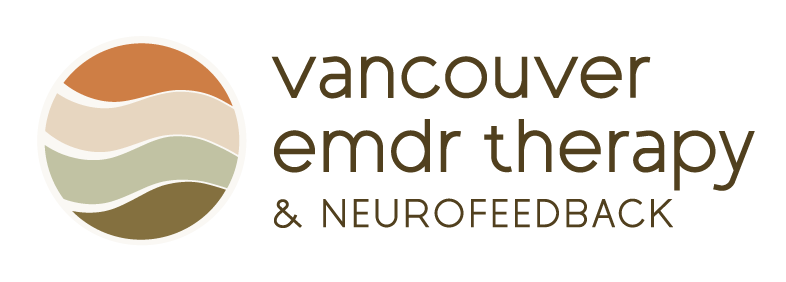Gratitude meditation, breath work, Magnesium for sleep and stress reduction, cognitive self care and anxiety reducing foods are all discussed in this blog.
This is a list of monthly “trauma recovery tips” from a trauma specialist to help you reduce the effects of trauma and chronic stress on your life so you can live from a place of healing, hope and happiness.
Healing from trauma is a different process for each person. As a trauma-focused therapist I never tell my clients to do anything that I haven’t tried or use regularly in my life. I have learned over the years through experience, research, feedback from clients and insights from other professional’s successful ways of healing emotional wounds as well as managing persistent stress. What I share with you here is both cutting edge and tried-and-true techniques for healing.
Trauma Tip #1
 Gratitude meditation. A gratitude mediation can be a powerful way to calm your nervous system and open your heart. Try this Morning or Evening Gratitude Meditation that I recorded for YOU!
Gratitude meditation. A gratitude mediation can be a powerful way to calm your nervous system and open your heart. Try this Morning or Evening Gratitude Meditation that I recorded for YOU!
Trauma Tip #2
Learn good breath work– deeper, slower, quieter and more regular. Try the 4-7-8 breath. Click link to learn from Dr. Weil.
Trauma Tip #3
Magnesium. Magnesium deficiency is common among adults. Estimates suggest that nearly half of adult men and women in the United States aren’t getting enough magnesium. People with low magnesium often experience restless sleep, waking frequently during the night. Magnesium deficiency is associated with heightened stress and anxiety.
Magnesium lotion or magnesium supplements before bed can help with sleep by increasing a relaxation response. Talk to your doctor or work with a Naturopath to determine how much Magnesium you need to sleep better and feel less stressed.
Trauma Tip #4
 Cognitive Self Care. The way that we were talked to as children become the way that we talk to ourselves.
Cognitive Self Care. The way that we were talked to as children become the way that we talk to ourselves.
What are the thoughts that you say to yourself? What are your feelings and body sensations when you think those thoughts? Ask yourself these questions:
- Where did you learn it?
- Was it helpful when people said these things to me?
- What would be helpful to say to myself?
- Would I say that to a loved one that mattered to me? Would it help me if the people who are around me now said the same things?
Try and repeat new things to yourself and see how you feel. Some examples include:
I can handle this situation, I am doing what I can, I am learning and growing, It’s okay for me to feel this way. I deserve to feel good inside, This will pass, I can take life as it comes and I can learn to care for myself.
Trauma Tip #5
Anxiety decreasing foods. I continue to explore the idea of using foods to decrease anxiety. Decreasing and managing anxiety is about eliminating stimulating foods and substances, increasing GABA (a neurotransmitter) precursor foods, and ensuring that there’s plenty of acidifying food in your diet, like vinegars and animal protein.
According to Leslie Korn, PhD, among the best foods for anxiety are: bananas, figs, vinegar, and oats. And did you know that contrary to popular belief, oats are better eaten later in the day, because they are so relaxing.
This information is provided by Lemecia Lindsey, LICSW. Lemecia has dedicated her private counseling practice to helping clients heal from trauma. She specializes in EMDR therapy, Neurofeedback and is an Integrative Medicine Mental Health Provider.
*This list is not a substitute for medical intervention. Consult with a doctor to decide what is best for you.




